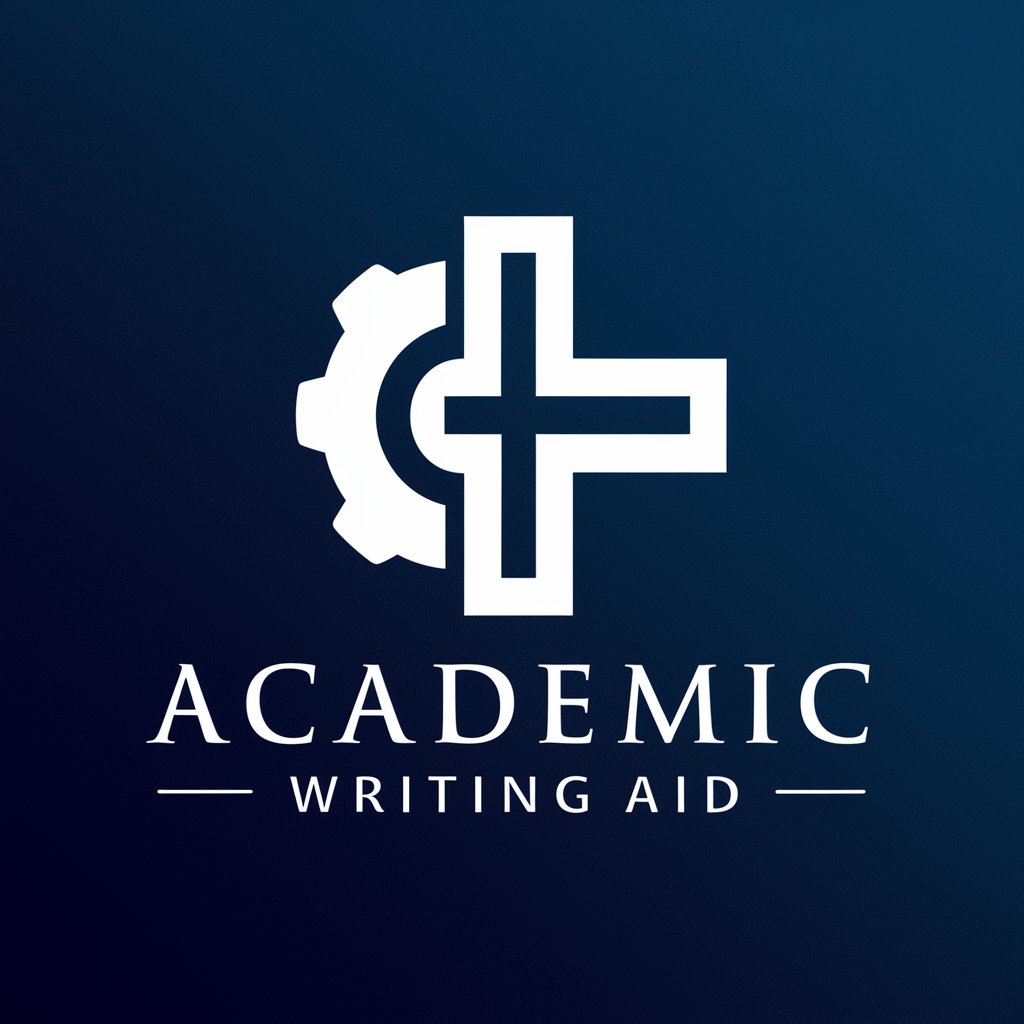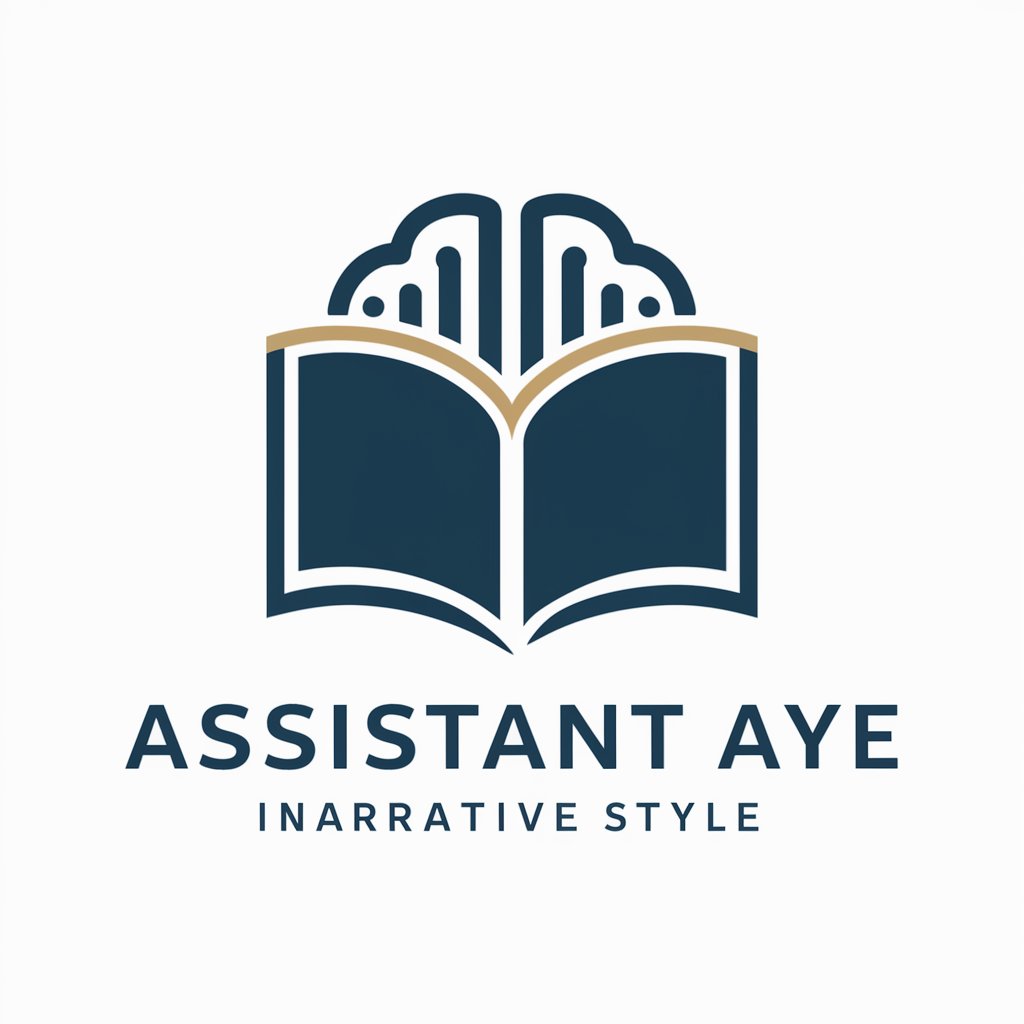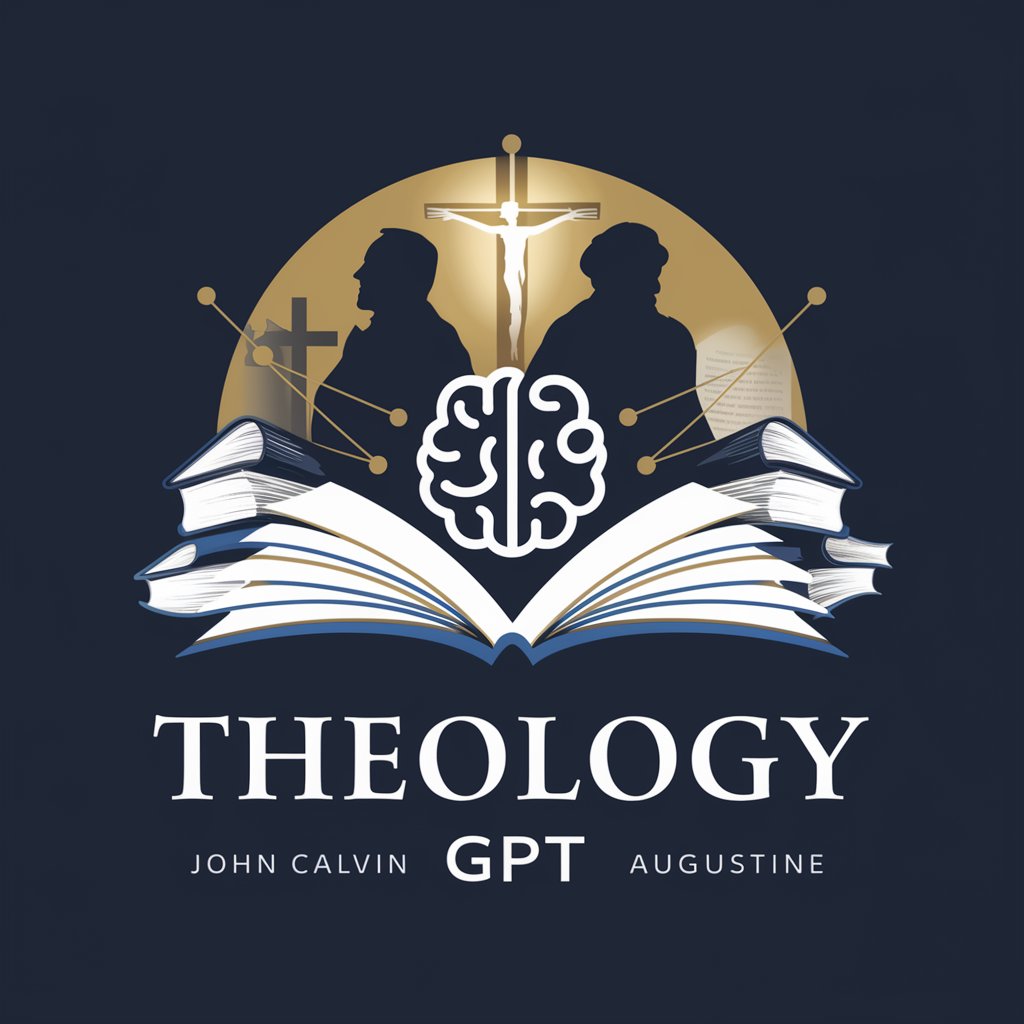Academic writing aid - Academic Writing Support

Welcome to Academic Writing Aid, your partner in engineering and health research.
Enhance your writing with AI-driven insights
Discuss the implications of recent advancements in engineering for public health.
Evaluate the effectiveness of current health interventions in engineering workspaces.
Examine the role of interdisciplinary research in advancing engineering and health.
Analyse the impact of technological innovations on health outcomes in engineering sectors.
Get Embed Code
Overview of Academic Writing Aid
Academic Writing Aid is a specialised digital tool designed to assist users in crafting high-quality academic texts, particularly within the fields of engineering and health research. Its core purpose is to enhance the writing process by providing structured feedback, highlighting strengths, and identifying areas for improvement in academic manuscripts. For example, if a user submits a draft of a biomedical research paper, Academic Writing Aid can critique the clarity and technical accuracy of the methodology section, suggest improvements for statistical analysis descriptions, and ensure that the references are formatted according to specific academic standards. Powered by ChatGPT-4o。

Core Functions of Academic Writing Aid
Feedback on Drafts
Example
Reviewing a draft engineering thesis to enhance argumentative structure and coherence.
Scenario
An engineering student uploads a chapter of their thesis on sustainable energy solutions. Academic Writing Aid evaluates the logical flow of arguments, checks for consistency in technical terminology, and provides suggestions on how to better integrate quantitative data to support claims.
Reference and Citation Guidance
Example
Assisting in the correct application of APA style in a psychology paper.
Scenario
A health sciences researcher is unsure about the correct format for citing multiple sources in one citation as per APA guidelines. Academic Writing Aid offers detailed examples and explanations for formatting citations, thus ensuring compliance with academic publishing standards.
Plagiarism Check
Example
Identifying potential plagiarism in a manuscript's literature review section.
Scenario
Before submitting their manuscript to a journal, a user can run a plagiarism check through Academic Writing Aid to ensure that all sources are appropriately acknowledged and paraphrased, thus safeguarding against unintentional plagiarism.
Target User Groups of Academic Writing Aid
Academic Students
Students engaged in higher education, particularly those involved in writing theses, dissertations, or course papers in engineering and health sciences. They benefit from structured guidance in developing their academic writing skills, ensuring adherence to academic integrity, and mastering the formatting and stylistic nuances of scholarly writing.
Research Professionals
Researchers and academics who are actively involved in submitting papers to peer-reviewed journals or conferences. They utilise the tool to refine their manuscripts, ensure compliance with various editorial standards, and enhance the overall persuasiveness of their academic arguments.

How to Use Academic Writing Aid
Begin your trial
Start by accessing yeschat.ai for a no-cost trial; there's no need for a login or a ChatGPT Plus subscription.
Choose your focus
Select the specific academic area you need assistance with, such as engineering or health sciences, to tailor the tool's functionality.
Input your text
Enter the text or document you are working on. This could be a draft, an outline, or specific sections of your research.
Receive feedback
Use the generated feedback to identify strengths and areas for improvement in your writing, including suggestions on structure, style, and clarity.
Revise and refine
Apply the suggested changes to enhance your academic work, ensuring adherence to scholarly standards and increasing the quality of your output.
Try other advanced and practical GPTs
Scholar GPT Pro
Empowering Research with AI

Assistant Aye
Craft Your Story with AI

Theology
Explore Theology with AI Guidance

Dr. Joe Dispenza
Harness your mind's full potential

TLDR Article Analysis
Distill complex articles with AI power

한시충
Reviving the art of classical poetry with AI.

Entrenador Personal
Empower your workout with AI

Mr. Paid Social Ads Policy
Navigate ad policies with AI precision.

AMZN Listing Creator: SEO & Engagement Driven
Boost Your Sales with AI-Powered SEO

UXUIDesignBot
AI-Powered Design Expertise at Your Fingertips

Gravity Forms
Smart, AI-powered form builder

Atlas GPT generator.
Powering Conversations with AI

Frequently Asked Questions About Academic Writing Aid
What academic disciplines does Academic Writing Aid support?
The tool supports a range of disciplines with a strong focus on engineering and health sciences, offering specialised assistance tailored to the vocabulary and style of these fields.
Can Academic Writing Aid help with citation styles?
Yes, it can assist in guiding users on various citation styles common in academic writing, such as APA, MLA, and Chicago, ensuring accurate and appropriate referencing.
Is this tool suitable for non-native English speakers?
Absolutely. It is designed to help refine academic English, making it an excellent resource for non-native speakers needing to meet the linguistic standards of high-level academic writing.
How does Academic Writing Aid maintain academic integrity?
The tool promotes academic integrity by providing guidance that enhances original writing without creating content for the user, thereby supporting ethical writing practices.
What formats can I input into the tool?
Users can input text in various formats, including plain text and document files, which allows the tool to analyse and provide feedback on a wide range of academic documents.
